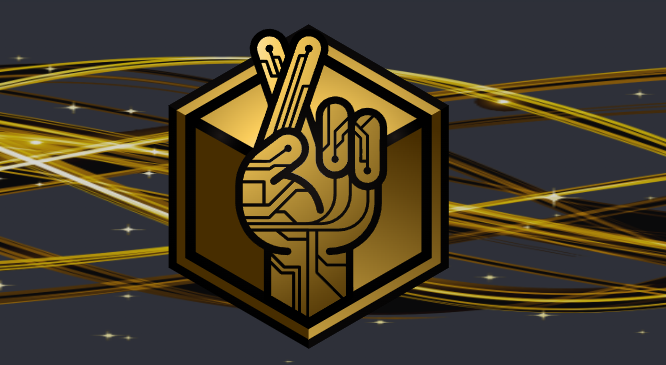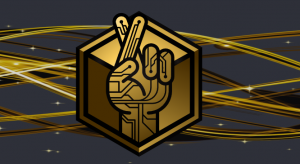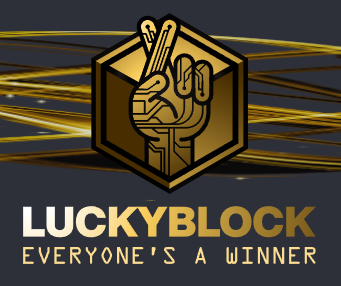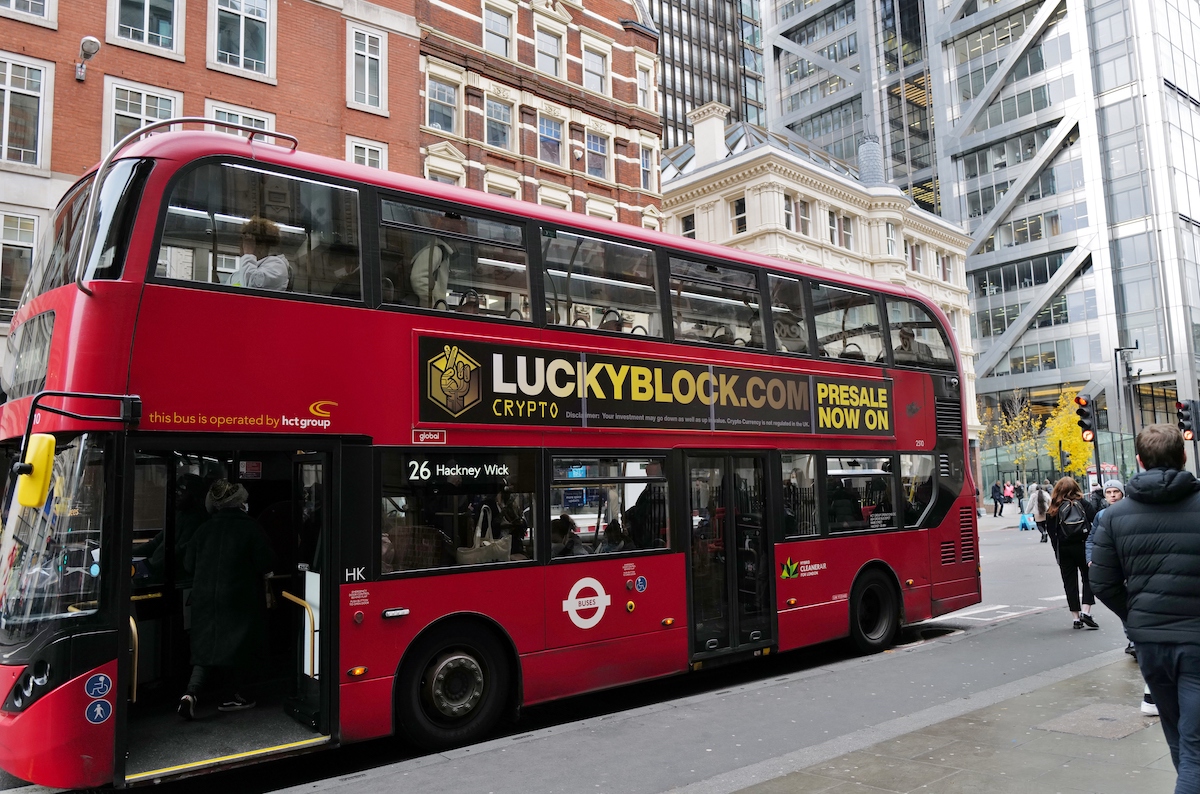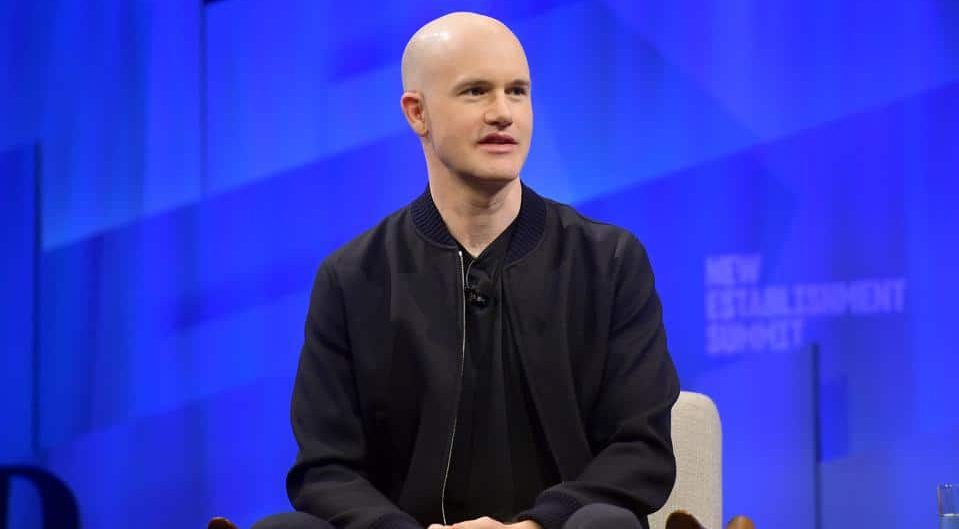Join Our Telegram channel to stay up to date on breaking news coverage
Updated 15 February 2022
Crypto-powered lottery platform LuckyBlock is a hot coin right now. Those who bought in the soft launch at $0.00012 have seen gains of 5,566%, while those buying at the presale prices of $0.00015 and $0.00019 have seen returns of 4,433% and 3,478% respectively.
Lucky Block has been trading on decentralised exchange (DEX) Pancakeswap since 26 January and centralised exchange (CEX) LBank since 11 February. In the three weeks since it began trading publicly the number of LBLOCK token holders has mushroomed – from 8,611 at the end of the presale to nearly 31,000, as of 15 February.
Below we explain how the LuckyBlock platform works, what the LBLOCK token does and how you could profit.
To put it simply, LuckyBlock is taking advantage of blockchain technology by launching its own cryptocurrency to fix how lotteries are operated. LuckyBlock’s lotteries are easier to win, fully transparent and governed by its users.
The LuckyBlock (LBLOCK) token was in presale, which began on 1 December 2021 and was set to run until 1 February 2022 but was sold out due to huge demand, ending 11 days early.
Here’s how to purchase LuckyBlock (LBLOCK) tokens
You can Lucky Block tokens on decentralised exchange Pancakswap or on the centralised exchange LBank.
When buying on the DEX you will need to use the Smart Chain version of BNB, which will appear in the liquidity pool as WBNB, or wrapped BNB. To buy on LBank simply deposit fiat.
Transfers of LBLOCk from DEX to CEX attract a 12% transaction fee charge, sometimes referred to as the Lucky Block tax, to prevent sellers trying to avoid the 12% transaction fee levied on sales made on Pancakswap. More on the transaction fee below.
Full current purchase instructions are available at www.LuckyBlock.com.
When the lottery launches on 25 March, token holders will be able to use their LBLOCK tokens to purchase tickets to play the LuckyBlock lottery on their platform. Winners will be instantly reimbursed in $LBLOCK which they can either choose to hold to benefit from the dividends or cash out by swapping back for BNB.
Every time LBLOCK is sold a 12% transactional tax will be applied to the sale. 4% of this transactional tax will be added to the lottery pool available for daily jackpots.
The remainder of the 12% tax will be distributed to the liquidity pool, token burn and the LuckyBlock NFT fund. Every jackpot that is won LuckyBlock burn 1% of tokens to raise liquidity to further benefit token holders.
Each jackpot will be compiled of all of the purchased ticket money, as well as the 4% transactional tax charged every time a transaction of $LBLOCK is sold between each jackpot, making the jackpot even bigger.
*The $LBLOCK token presale has now opened on the LuckyBlock.com website, allowing users to acquire tokens at a discounted price before the platform goes live.
LuckyBlock website: http://www.luckyblock.com
LuckyBlock Telegram: https://t.me/LuckyBlockChainTG
Why LuckyBlock?
1. Current lottery systems are flawed
Lotteries are popular with the general public. In the UK alone, more than 70% of Britons have played the country’s national lottery. But the system is flawed, say the creators of LuckyBlock:
“The internet has created a demand for online gambling, with companies offering easily accessible online wagering. So, it’s hardly surprising these websites are fast-growing and highly profitable. Lucky Block envisions a worldwide lottery with players using Blockchain Protocols, operating on the Binance Smart Chain.
“We believe the lottery should not be bound geographically or tied to local financial systems. Instead, our focus is to develop further transparency and fairness in gaming, creating a lottery where every player has better win odds while providing a solid investment strategy for token holders while contributing to the community.”
2. Blockchain brings greater transparency and fairness to gambling
Scepticism and distrust are both common public sentiments towards gambling operators, largely due to a lack of transparency, misleading advertising and outright questionable behaviour.
LuckyBlock broadly agrees with these criticisms of centralised lotteries, stating that legacy lotteries “face unique issues which undermine consumer trust, including distribution of funds, security, speed, and liquidity to pay-out players.”
For example, prominent UK lottery operator Camelot has come under scrutiny from the UK’s public spending watchdog the National Audit Office.
Camelot’s profits rose 122% from £39 million to £71 million between 2009-2017, yet over the same period an NAO report in December 2017 found that the amount Camelot gave to good causes rose just 2%.
With LuckyBlock, it’s blockchain technology ensures that all transactions are publicly recorded for anyone to see. This means that anyone can see on the public ledger of the blockchain exactly where their money is being distributed, all the while being enforced by unbreakable and un-hackable smart contracts.
Distributed ledger technology means the operators of lotteries and other gambling products can be held much more accountable for how they distribute their funds, as everything is in the public domain.
Blockchain enables the bridging of the void in trust that currently exists between gambling operators and their customers today.
3. LuckyBlock lotteries offer players lower odds for a better chance of winning
The high odds associated with large national lotteries have seen them referred to as “a tax on idiots”.
Figures show that you are nearly three times more likely to get struck by lightning (1.2 million-to-1) than you are of having a chance of winning the Powerball draw (292 million-to-1).
LuckyBlock claims to increase the odds of winning for players. The LuckyBlock creators state: “with the smart contract in place – the prize amount per player ratio will be far greater than any lottery we’ve seen before”.
This is partially due to the fact that everyone that holds $LBLOCK tokens, which are used to enter the lottery, is entitled to a share of every single jackpot prize.
LuckyBlock is completely transparent with how their jackpots are distributed and thanks to blockchain technology, this will all be completely visible to the public eye.
This is how LuckyBlock jackpot distribution works
- 70% to the winners
- 10% back to $LBLOCK token holders
- 10% to charity
- 10% to LuckyBlock for marketing
Winners will be chosen by RNG (Random Number Generator) and funds will be distributed using the blockchain ledger ensuring fairness and transparency.
Scott Ryder, the CEO of LuckyBlock, explains this in more detail: “By investing in LuckyBlock, you essentially own a partnership stake in the lottery. Meaning every time a jackpot is won, a % of that jackpot will be returned to the investor – respective of their ownership amount.
“Therefore whether you are playing our lottery or not, you are getting paid an ownership stake, hence the tagline – We pay you to play, and we pay you not to play!”
Based on this model, with just half of its community purchasing $5 of tickets a day, LuckyBlock says token holders can expect to see an annual dividend of around 25%, making it a potentially solid investment strategy for the investor as well as the prize-hungry gambler.
This will also lead to a large amount being given to charity, all trackable and identifiable on the blockchain.
Introducing the $LBLOCK Token
In order to fully grasp how the Lucky Block lottery actually works, it is important to appreciate how the LBLOCK token is designed – LuckyBlock’s version of the classic lottery ticket.
LBLOCK is LuckyBlock’s native cryptocurrency tokens which anyone can purchase and use as their ‘tickets’ to enter.
If you were to participate in a traditional lottery, entering would usually consist of purchasing a ticket from one of your local shops.
However, with LuckyBlock, instead of having to purchase a ticket from a shop, you purchase its native LBLOCK cryptocurrency tokens directly from its website or on cryptocurrency exchanges at a later date. You can then use these tokens to purchase your tickets via their website or mobile app.
This is a far more efficient process than traditional lotteries, resulting in lower overheads for LuckyBlock, enabling it to give back far more rewards to its holders and lottery participants than possible than lotteries run in the traditional way.
Stay in touch with LuckyBlock developments
LuckyBlock website: http://www.luckyblock.com
LuckyBlock Telegram: https://t.me/LuckyBlockChainTG
LuckyBlock youtube video: https://youtu.be/OGEyaH4yUuw
Read more:
Join Our Telegram channel to stay up to date on breaking news coverage
